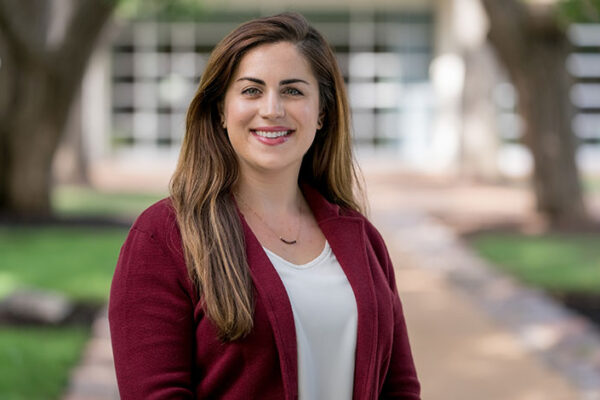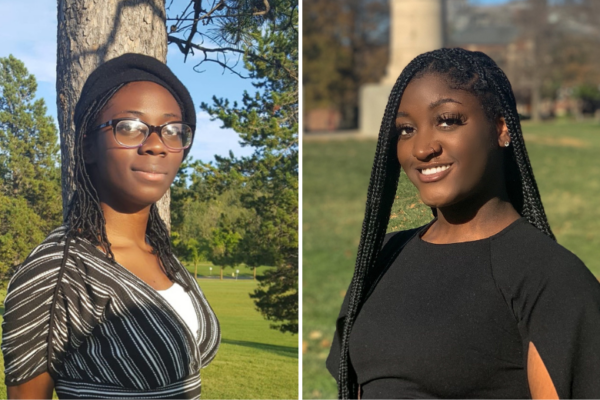Family-focused interventions key to addressing child maltreatment
About one-third of mothers in California were reported to the Child Protection System at least once, but the percentage significantly increased as the number of children grew, finds a new analysis from the Brown School.
Local collaboration key to effective evidence-based training, study finds
Collaborating with public health departments and other agencies is key to reducing turnover among public health professionals and promoting health equity, found a new study led by Stephanie Mazzucca-Ragan at the Brown School.
Equity in public health: a focus on technology, workforce development
Sandro Galea, dean designate for Washington University in St. Louis’ planned School of Public Health, will provide a first look at his vision for the new school at the Public Health at WashU Annual Conference Oct. 21-22.
Galea named editor of JAMA Health Forum
Sandro Galea, MD, DrPH, dean designate of the planned School of Public Health at Washington University in St. Louis, has been named editor in chief of JAMA Health Forum, effective Jan. 1.
Study offers strategies to ensure equitable access to digital health tools
As digital health tools gain popularity with advanced technology, Maura Kepper, a Brown School assistant professor, stresses the urgent need for equitable designs to reach marginalized populations.
Ugandan women’s autonomy key to safer sex
Ugandan women’s ability to negotiate the conditions and timing of sex is key to preventing several reproductive health outcomes, say experts from the university’s Brown School.
Brown School students named public health ambassadors
Busayo Akinloye and Mayah Clayton, who are pursuing master’s degrees in public health in the Brown School at Washington University in St. Louis, have been named This Is Public Health Ambassadors for 2024-25 by the Association of Schools and Programs of Public Health.
Health and hope in Montana
Alumna Tescha Hawley was named a Top Ten CNN Hero in 2023 for her service to the Fort Belknap Indian Reservation and surrounding areas.
Seeking environments that ‘generate health’
Washington University appoints Sandro Galea as inaugural dean of its planned School of Public Health to work toward healthier futures in St. Louis and globally.
Experts outline strategic roadmap for public health advancements
Ross C. Brownson of the Brown School makes recommendations for transforming the U.S. public health system in the aftermath of the COVID-19 pandemic.
Older Stories








